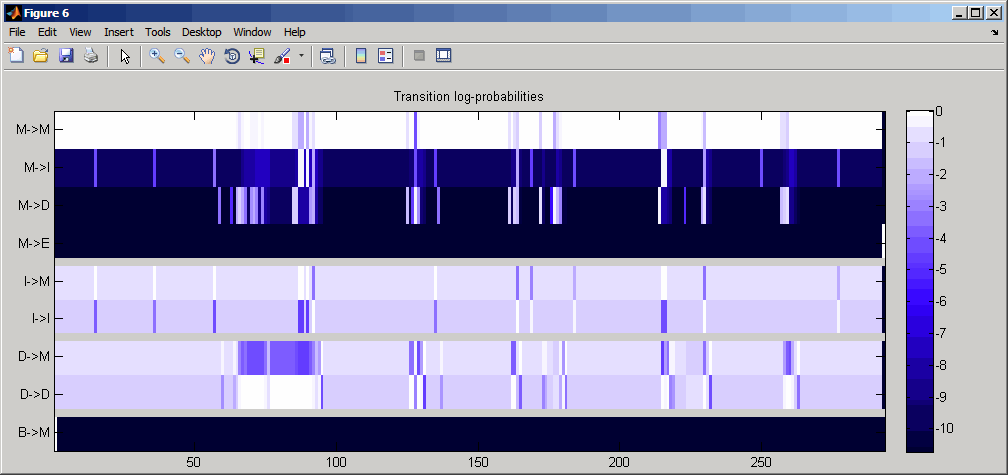

This motivates a need to effectively detect and categorise these regimes in order to optimally select deployments of quantitative trading strategies and optimise the parameters within them. In particular it can lead to dynamically-varying correlation, excess kurtosis ("fat tails"), heteroskedasticity (clustering of serial correlation) as well as skewed returns. These various regimes lead to adjustments of asset returns via shifts in their means, variances/volatilities, serial correlation and covariances, which impact the effectiveness of time series methods that rely on stationarity. Such periods are known colloquially as "market regimes" and detecting such changes is a common, albeit difficult process undertaken by quantitative market participants.

osl-docs is maintained by OHBA-analysis.A consistent challenge for quantitative traders is the frequent behaviour modification of financial markets, often abruptly, due to changing periods of government policy, regulatory environment and other macroeconomic effects. Please refer to the HMM-MAR wiki for more information and to obtain the code. HMM-MAR only requires Matlab and is experimental software.

Routines for cross-validation and model selection.Extension to the classical inference to work with very big data sets.Estimation of the spectral properties for each state, using either a parametric (MAR) or a non-parametric approach (statewise multitaper).The toolbox comprises a number of additional features: In the context of neuroscience applications, it can be used on both resting and task data. HMM-MAR (Hidden Markov Model - Multivariate Autoregressive) is a toolbox to segment multivariate time series into states that are characterised by their unique quasi-stationary spectral properties. ROInets 3 - Group network connectivity analysis.ROInets 2 - Amplitude envelope connectivity analysis.

ROInets 1 - Introduction to orthogonalization.Preproc - AFRICA (ICA artefact removal).OAT 2 - Sensorspace Time-Frequency Analysis.


 0 kommentar(er)
0 kommentar(er)
